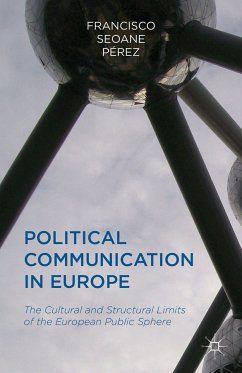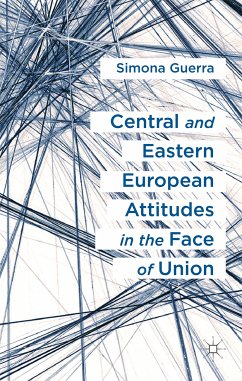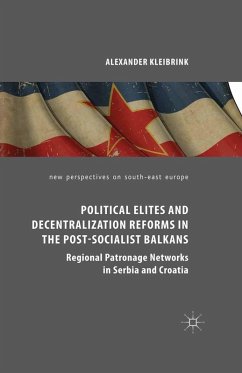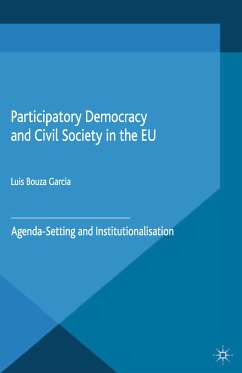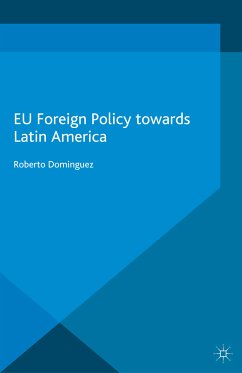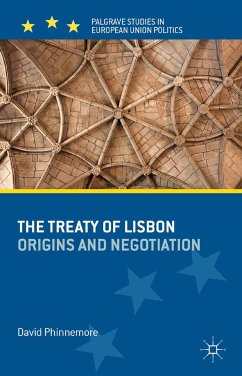Dieser Download kann aus rechtlichen Gründen nur mit Rechnungsadresse in A, B, BG, CY, CZ, D, DK, EW, E, FIN, F, GR, HR, H, IRL, I, LT, L, LR, M, NL, PL, P, R, S, SLO, SK ausgeliefert werden.
Hinweis: Dieser Artikel kann nur an eine deutsche Lieferadresse ausgeliefert werden.
Juliet Lodge, Institute of Communication Studies and Jean Monnet European Centre of Excellence, University of Leeds, UK
'Seoane Pérez offers a sharp and astute analysis of the EU's chronic malaise coming to the conclusion that it suffers from not one, but a double democratic deficit: a domesticisation deficit, the failure to connect to the EU as is always remote, and a politicisation deficit as EU politics is not 'normal' politics, amenable to a left versus right distinction. Across the axes of community, integration and governance, the book manages through original research and analysis to open new horizons in a tired and self-fulfilling debate about the EU, democracy and citizenship.'
Katharine Sarikakis, Department of Communication, University of Vienna, Austria
'With his careful study of the system of political communication in Europe, Seoane Pérez demonstrates how the political organizations of the EU have been built to stifle any pervasive sense of a European polity. From euroskeptic Yorkshire to pro-EU Galicia, his interviews, observations and news content analysis reveals why the framing of regional issues by political actors has actually prevented citizens from feeling that EU issues are relevant or contentious enough to engage them.'
Philip N. Howard, Department of Communication, University of Washington, USA

